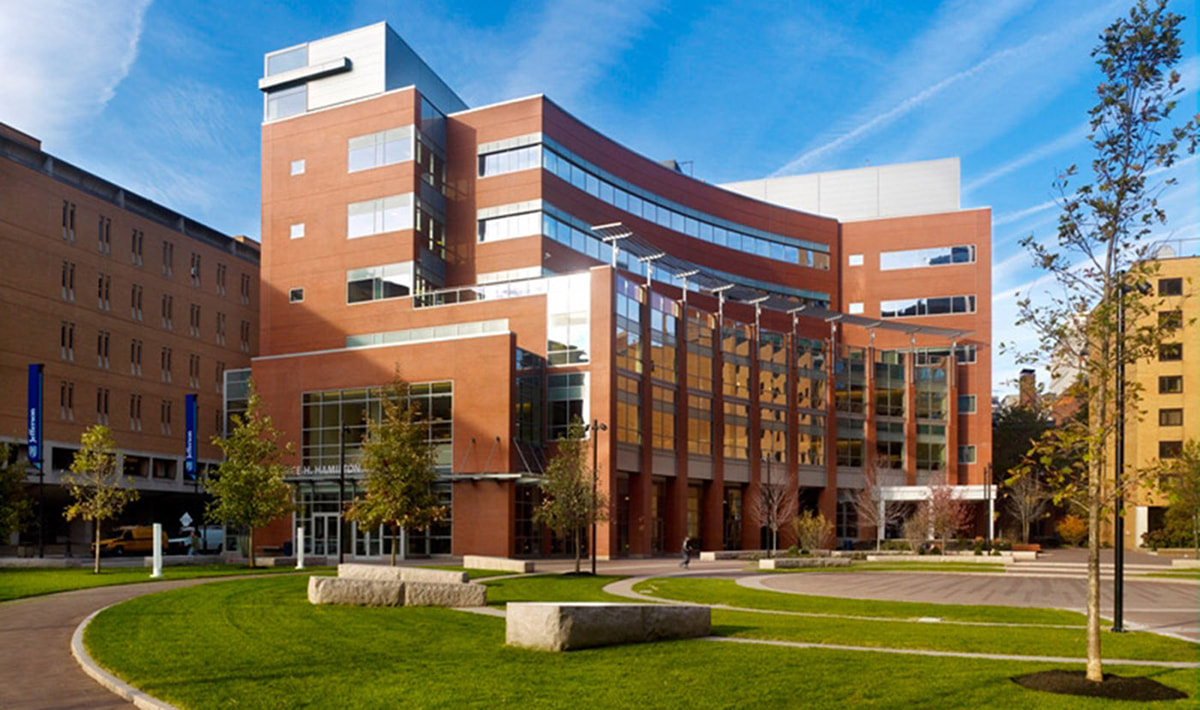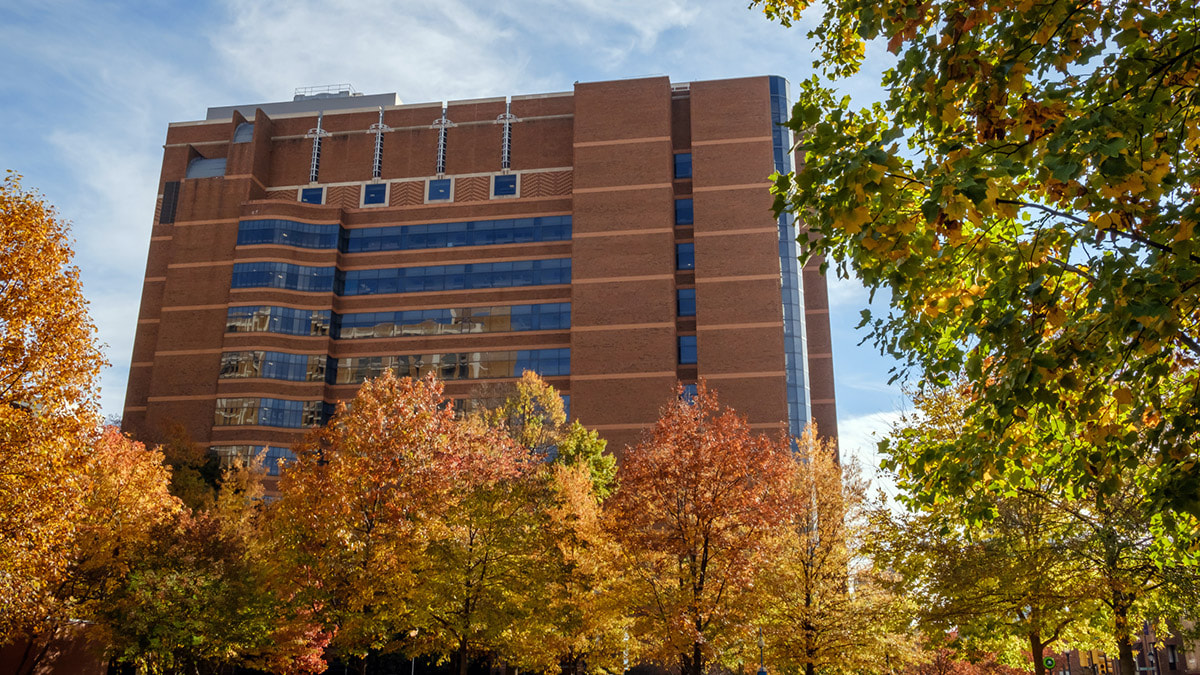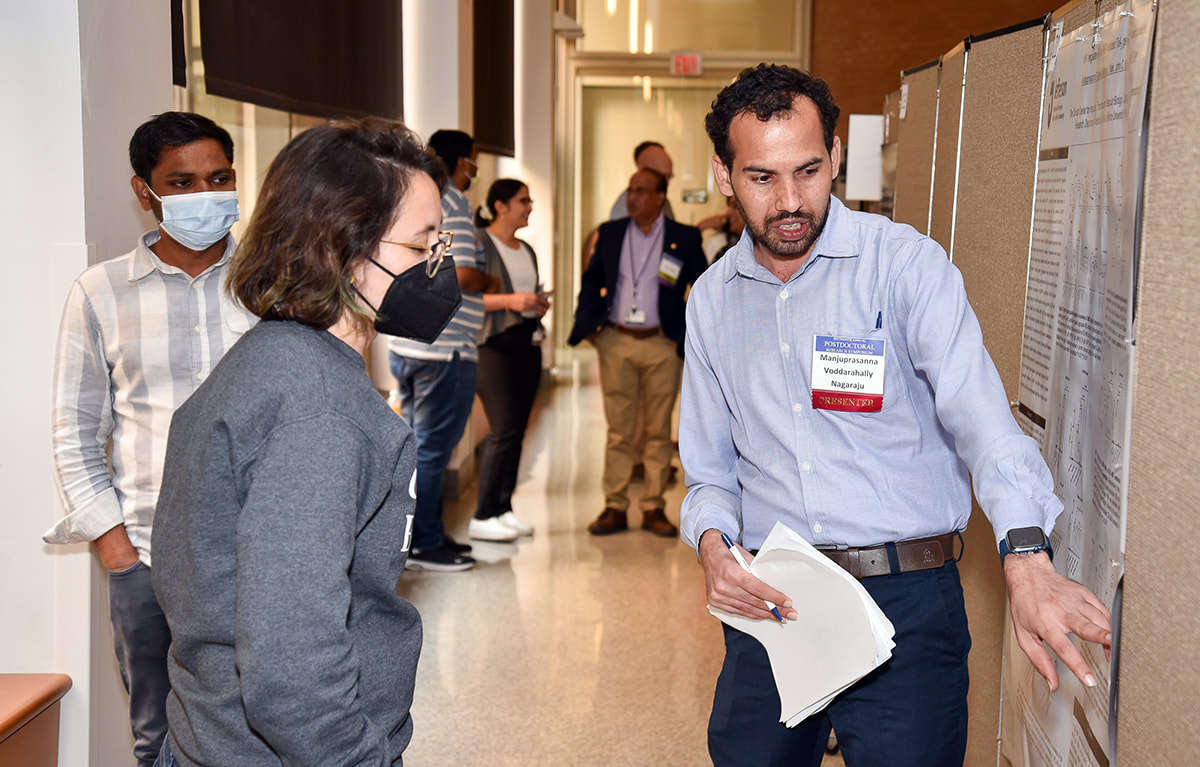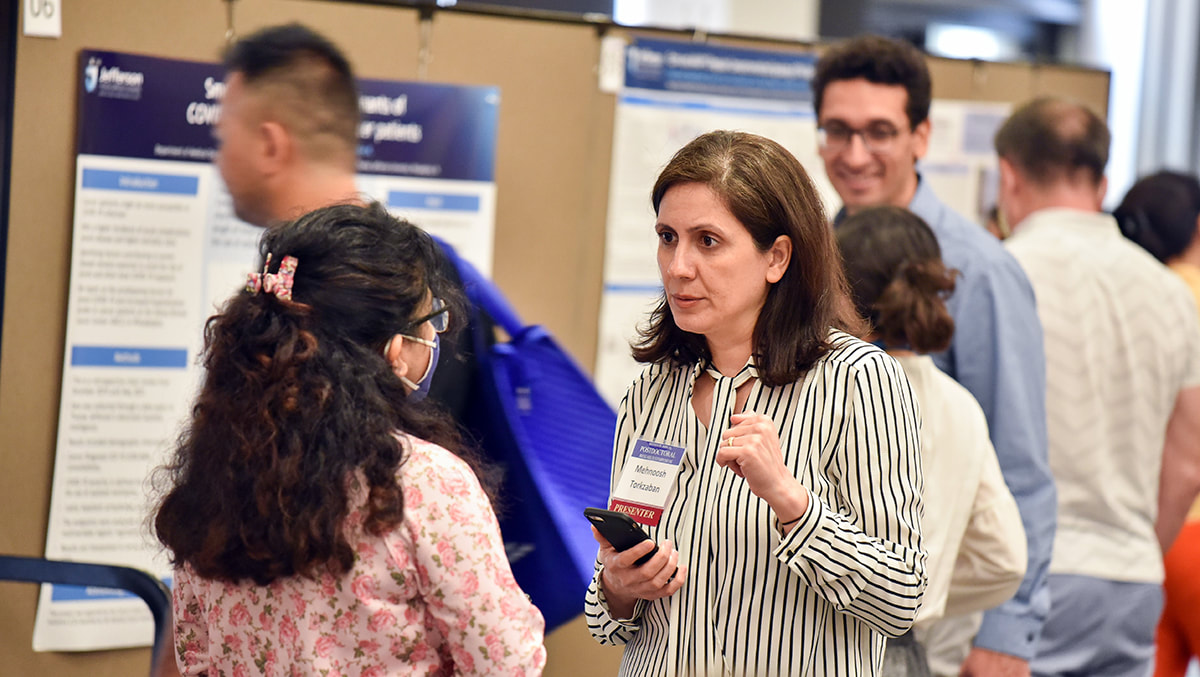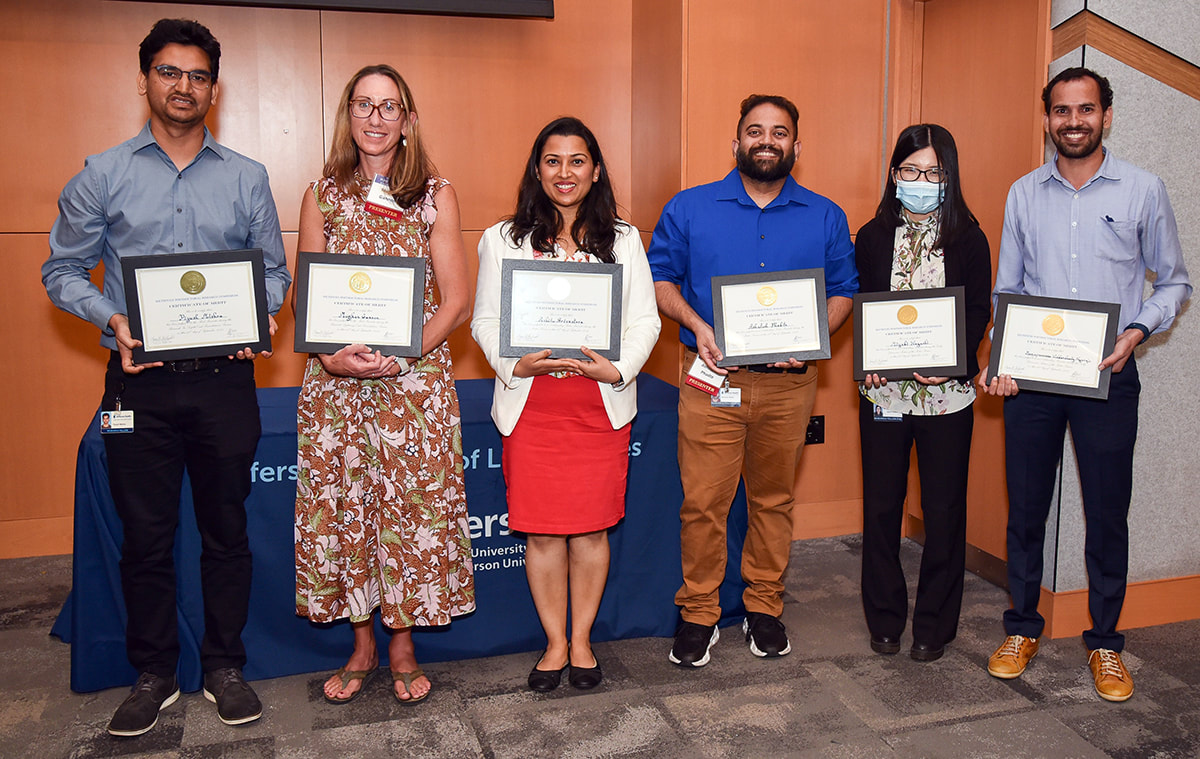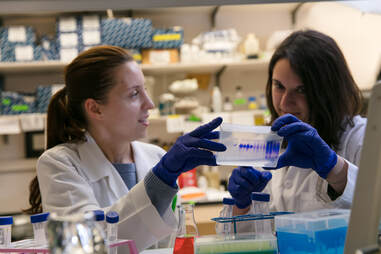About Thomas Jefferson University
At Thomas Jefferson University, we are more than curious; we are daring. To redefine humanly possible, we dare to ask the bold questions. But asking tough questions isn’t enough–we need to answer them. By converging people, ideas and perspectives, we find innovative solutions for real-world problems. We focus on our craft to drive progress and growth in health, medicine, and science on our Center City Philadelphia campus. Research at Jefferson strives to seamlessly integrate basic scholarship and discovery with translation and application of new knowledge, in disciplines ranging from immunology to design of functional fabrics. In our robust research culture, faculty, postdoctoral fellows, students, clinicians and technical staff collaborate in mutually reinforcing efforts to uncover and mine practical impact from new knowledge. Jefferson is redefining the higher education value proposition with an approach that is collaborative and active; increasingly global; integrated with industry; focused on research across disciplines to foster innovation and discovery; and technology-enhanced.
Thomas Jefferson University, founded in 1824 as the Jefferson Medical College, is today a nationally ranked, doctoral research university and a pioneer in transdisciplinary, professional education with two Philadelphia campuses – Center City and East Falls. Jefferson delivers high-impact education in over 200 undergraduate and graduate programs to 8,400 students across 10 colleges. Jefferson's Center City campus is adjacent to Thomas Jefferson University Hospital. Over 170 faculty members and researchers in basic science, translational, and clinical departments have received over $200 million per year in extramural research funding, much of it from the National Institutes of Health (NIH), and produced over 4,000 scholarly publications per year. Research areas are widespread across the biomedical sciences, including virology, neuroscience, structural biology, genomics, cancer biology, radiology, biochemistry, and orthopedic surgery.
Founded in 2003, the Jefferson Office of Postdoctoral Affairs (OPA) resides within the Jefferson College of Life Sciences, but supports over 100 postdoctoral fellows university-wide. Jefferson invited its postdoctoral fellows to establish their own association. Jefferson Postdoctoral Association (JPA) was formed and became a recognized university organization in 2004. Both entities support a vibrant postdoctoral fellow training environment and community. The OPA develops policies to enhance the postdoctoral training experience and provides career and professional development programming. The JPA holds open meetings, social hours, technical skills seminars and bi-annual parties. These activities foster a community among the postdoctoral fellows. The OPA and JPA work together on many activities, including the annual Postdoctoral Research Symposium. This premier event showcases the exciting biomedical, clinical, and population health research done by Jefferson postdocs, while providing them with a collegial forum to hone their oral and poster presentation and communication skills.
Why Train At Thomas Jefferson University?
The Jefferson Office of Postdoctoral Affairs (OPA) and the Jefferson Postdoctoral Association (JPA) work collaboratively to provide an active and professional environment for postdoctoral training at Jefferson. The OPA works closely with Jefferson’s human resources department, department administrators, and faculty members to provide consistent benefits to all postdoctoral fellows, regardless of their funding source. Postdoctoral fellows are guaranteed a required minimum salary, based on the NIH NRSA salary scale, in addition to a range of benefits, including health, dental, and vision insurance, short-and long-term disability, tuition remission, 403b account, life insurance, and paid vacation and sick days. Annual performance evaluations allow feedback from supervisors on responsibilities and training needs of postdoctoral fellows. The OPA administers postdoctoral travel fellowships, funded by the Dean of the Jefferson College of Life Sciences. The OPA along with the Graduate Student Association, Jefferson Business and Biotech Group, Jefferson Center for Career Success, Office of Professional Writing, Publishing, and Communication, and the JPA provide career seminars and panels, writing, editing and funding workshops, networking activities, weekly job and resources newsletter, individual career counseling, and a career and job search course, Principles of Career Management: Diverse Biomedical Careers.
The JPA is comprised of eight executive board members who oversee social and professional development activities and communications. The JPA enhances the postdoctoral community experience by hosting monthly social or coffee hours and bi-annual, themed parties. Focusing on professional development, the JPA coordinates the annual Postdoctoral Fellowship Application Program, where a small group of postdocs are led through the grant application process. The JPA also runs the Technical Skills Seminar Series, where external vendors, in-house experts, and senior postdoctoral fellows share their expertise about a technique, product, or research core facility. With the Jefferson Office of Professional Writing, Publishing, and Communication, the JPA started a Postdoc Scientific Editing and Reviewing Team (PSERT). PSERT aims to help Jefferson’s principal investigators, postdoctoral fellows, and student communities with developing, reviewing, and editing scientific manuscripts. PSERT editors are postdoctoral fellows from various scientific backgrounds who have authored peer-reviewed publications, and are technically trained and supervised by research writing experts. The JPA also hosts an annual lecture, delivered by a former JPA President, called the President’s Talk. The biggest effort of the year is for National Postdoctoral Appreciation Week (NPAW)activities. Events have included coffee and donuts get-togethers, ice cream socials, stress release parties, invited speakers, yoga and dance classes, career panels, trivia nights, and Philadelphia-wide socials and family picnics.
How to Apply to Postdoc Positions at Jefferson
Open postdoc positions at Jefferson can be found on the Jefferson Office of Postdoctoral Affairs’ website, and on the Jefferson Human Resources department website, HR webpage. To see the research being done at Jefferson and a listing of Jefferson PIs with links to their webpages, please see Research Disciplines and Researcher Labs, respectively, on the Jefferson Research page. If you cannot find an open position with the PI that you are interested in working with, please contact them directly to determine if they have any open positions.
Need more information?
Learn more about training at Jefferson!
Questions? Email Lisa Kozlowski, Ph.D., Associate Dean for Student and Postdoctoral Affairs in Jefferson College of Life Sciences, at [email protected]
Questions? Email Lisa Kozlowski, Ph.D., Associate Dean for Student and Postdoctoral Affairs in Jefferson College of Life Sciences, at [email protected]
